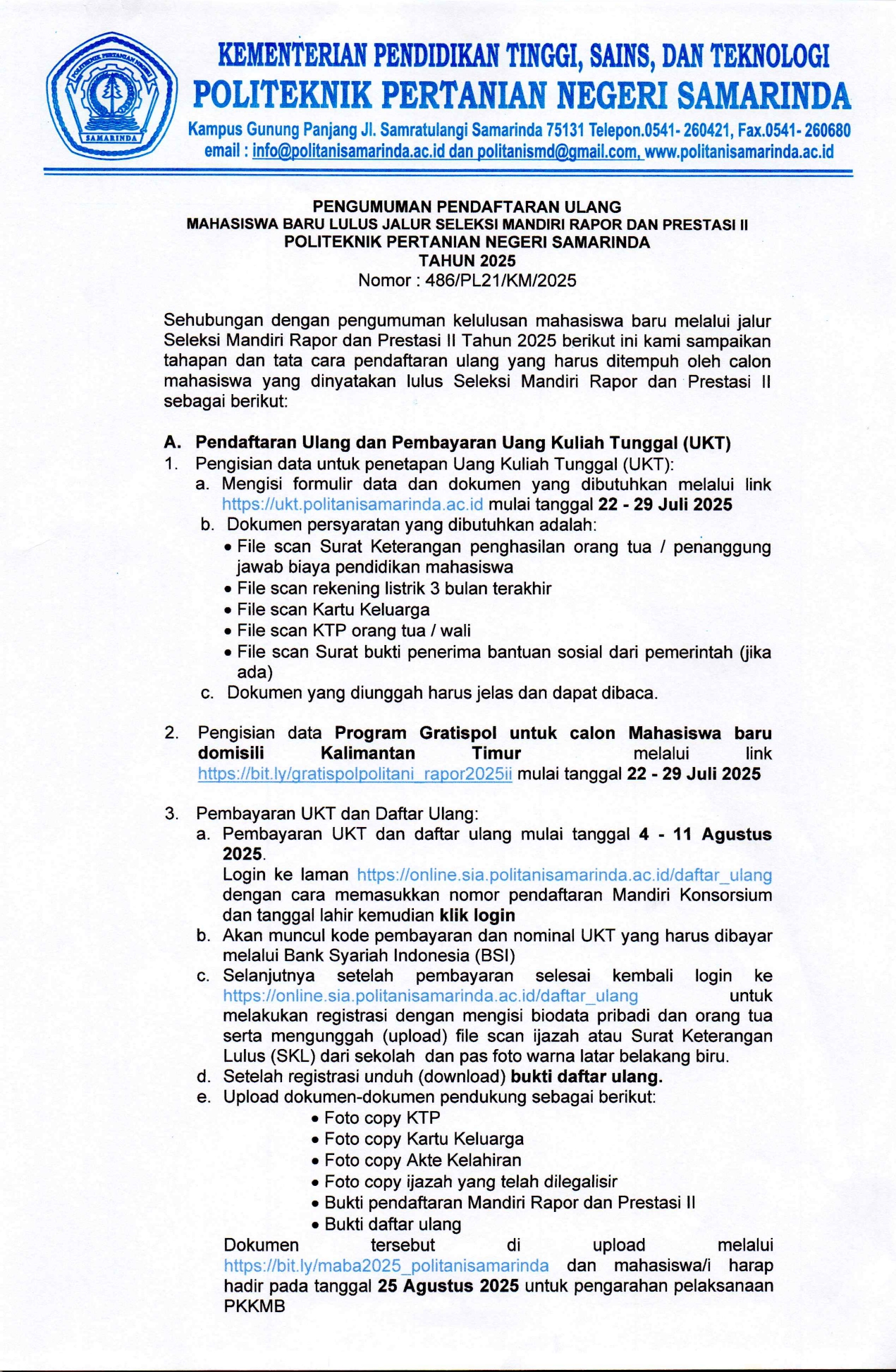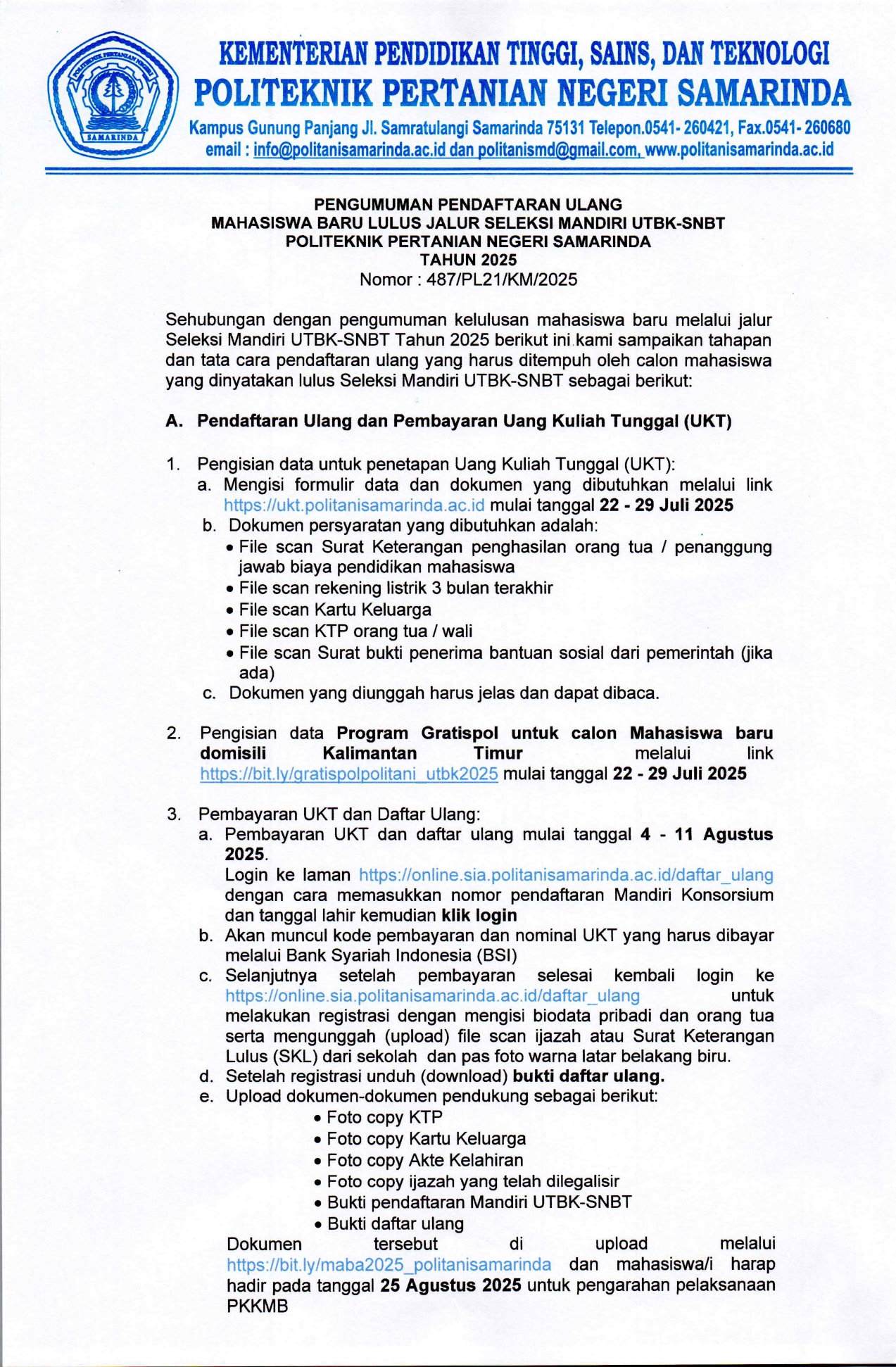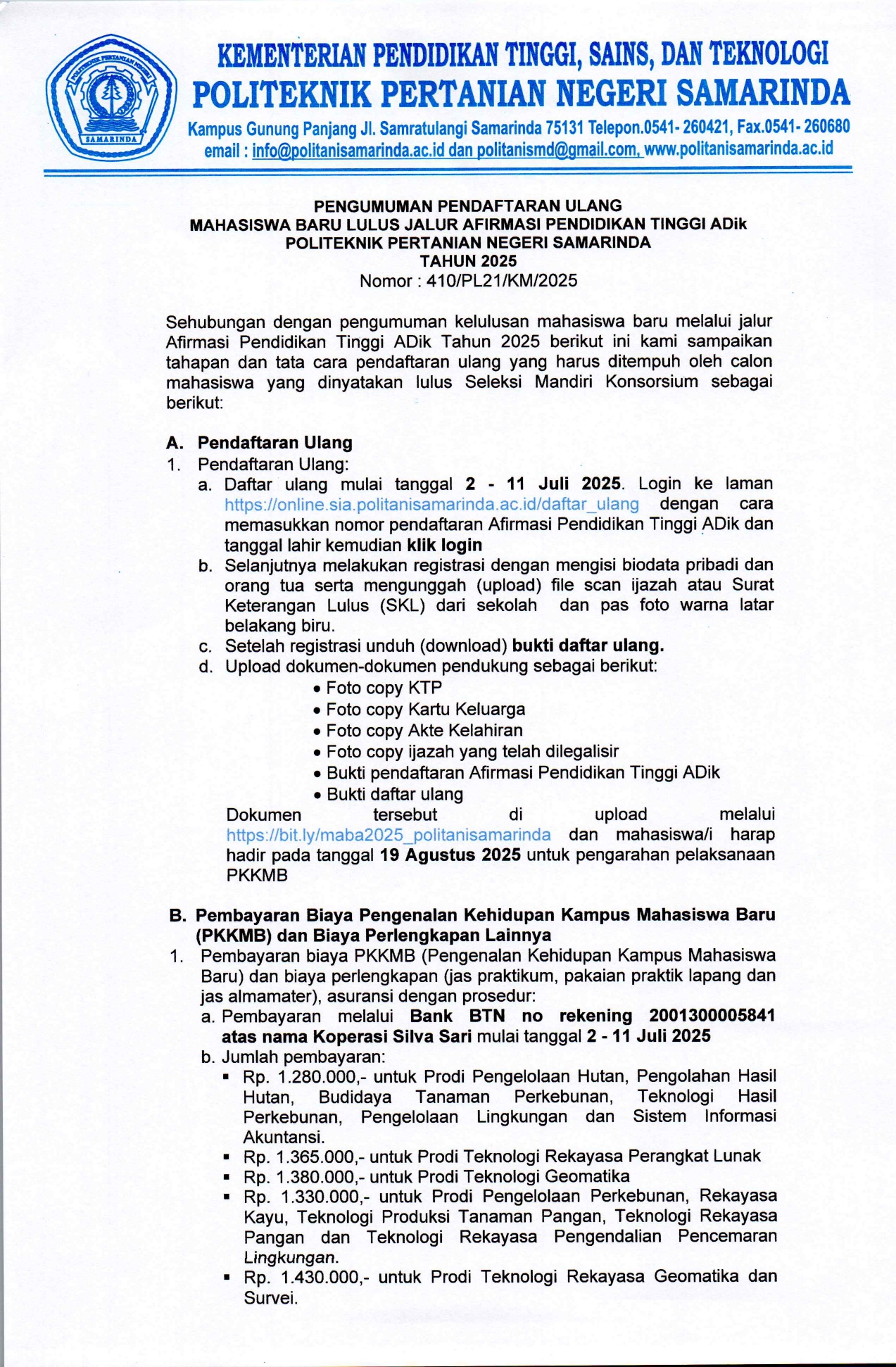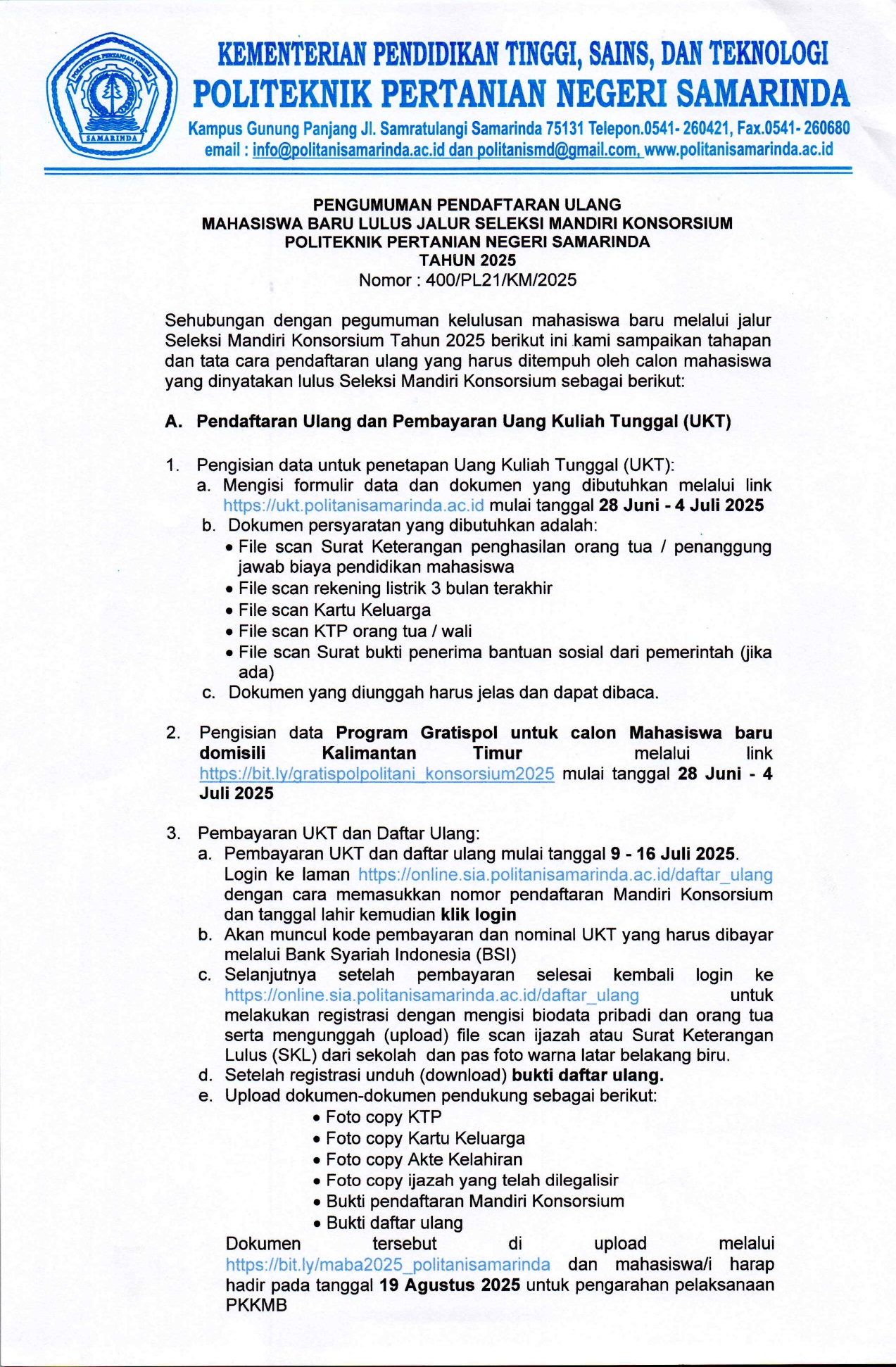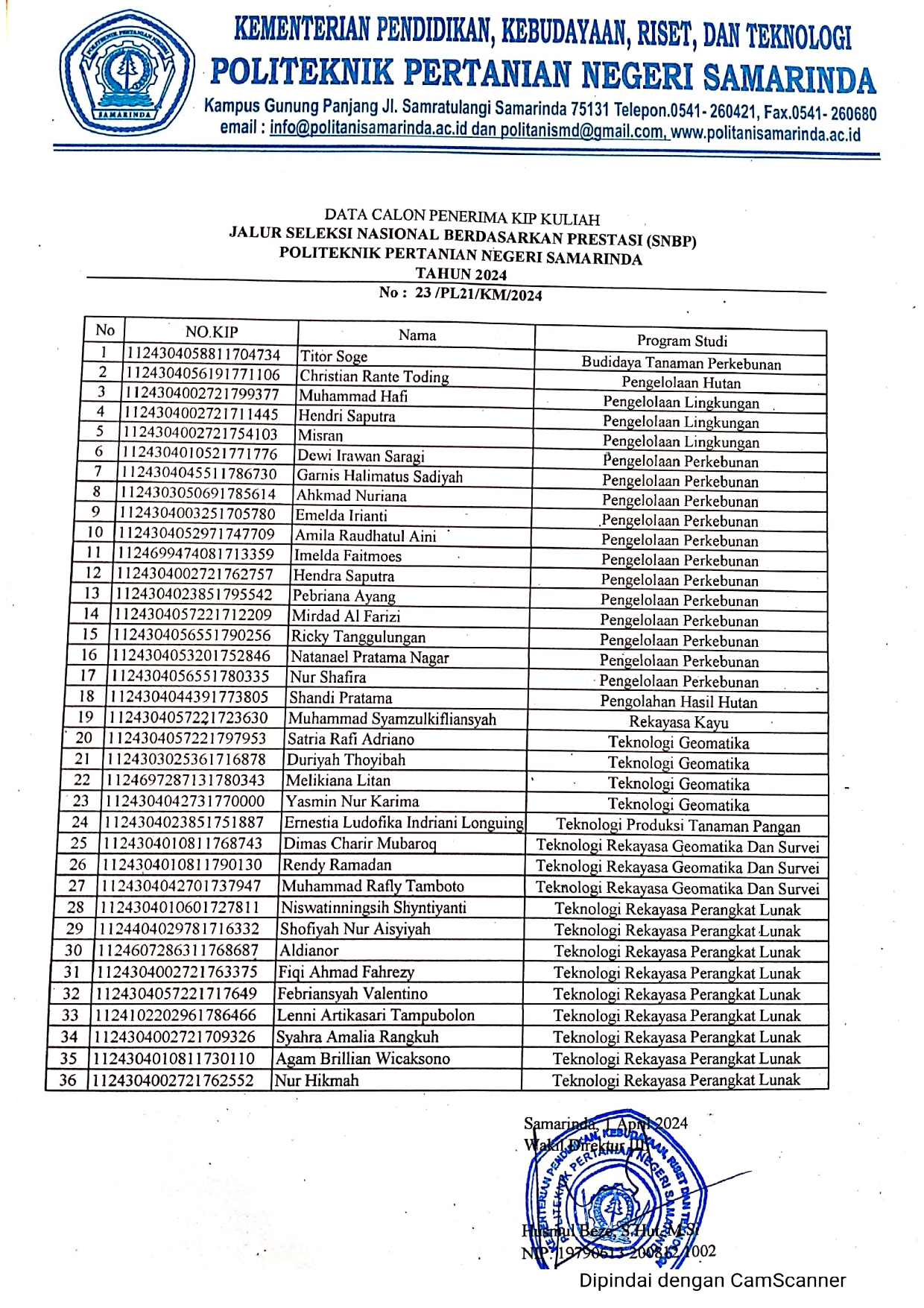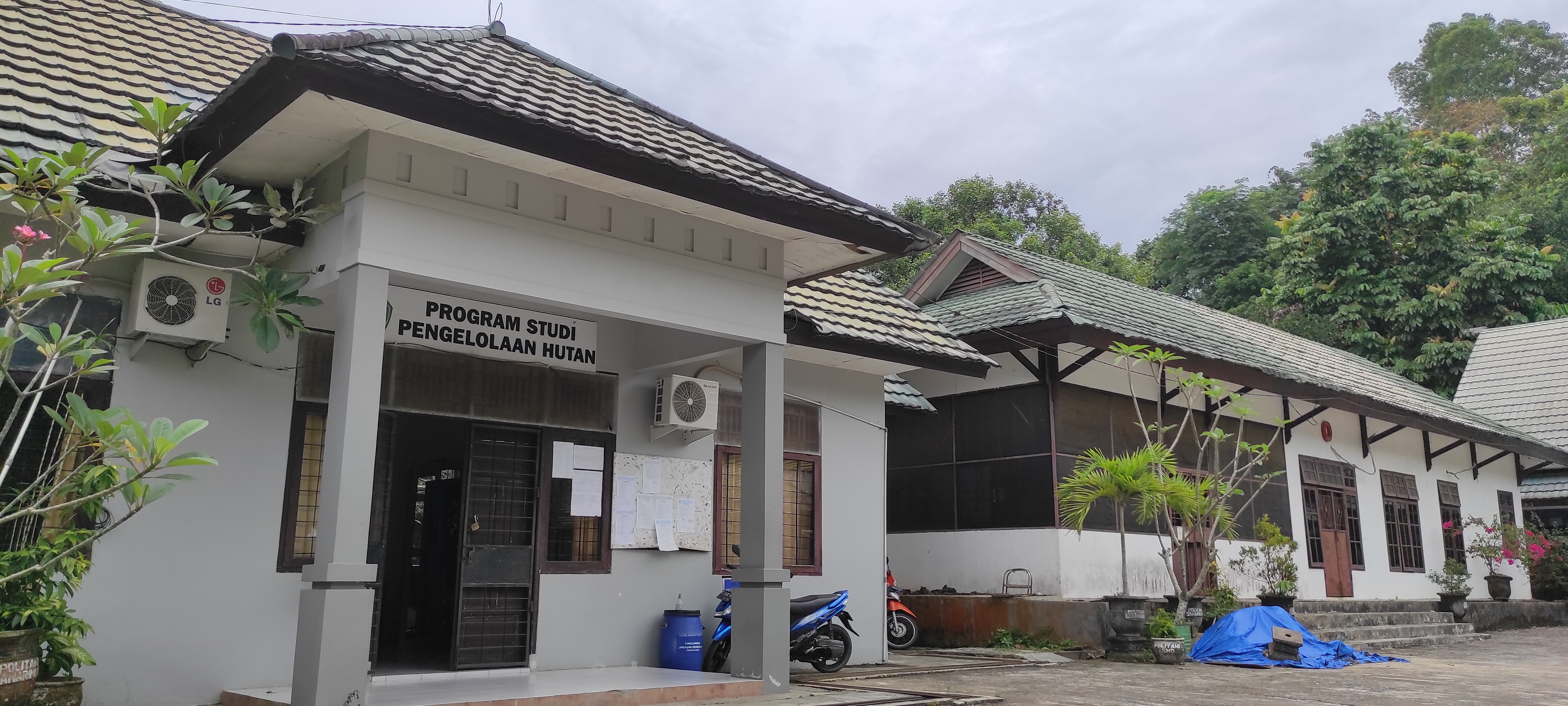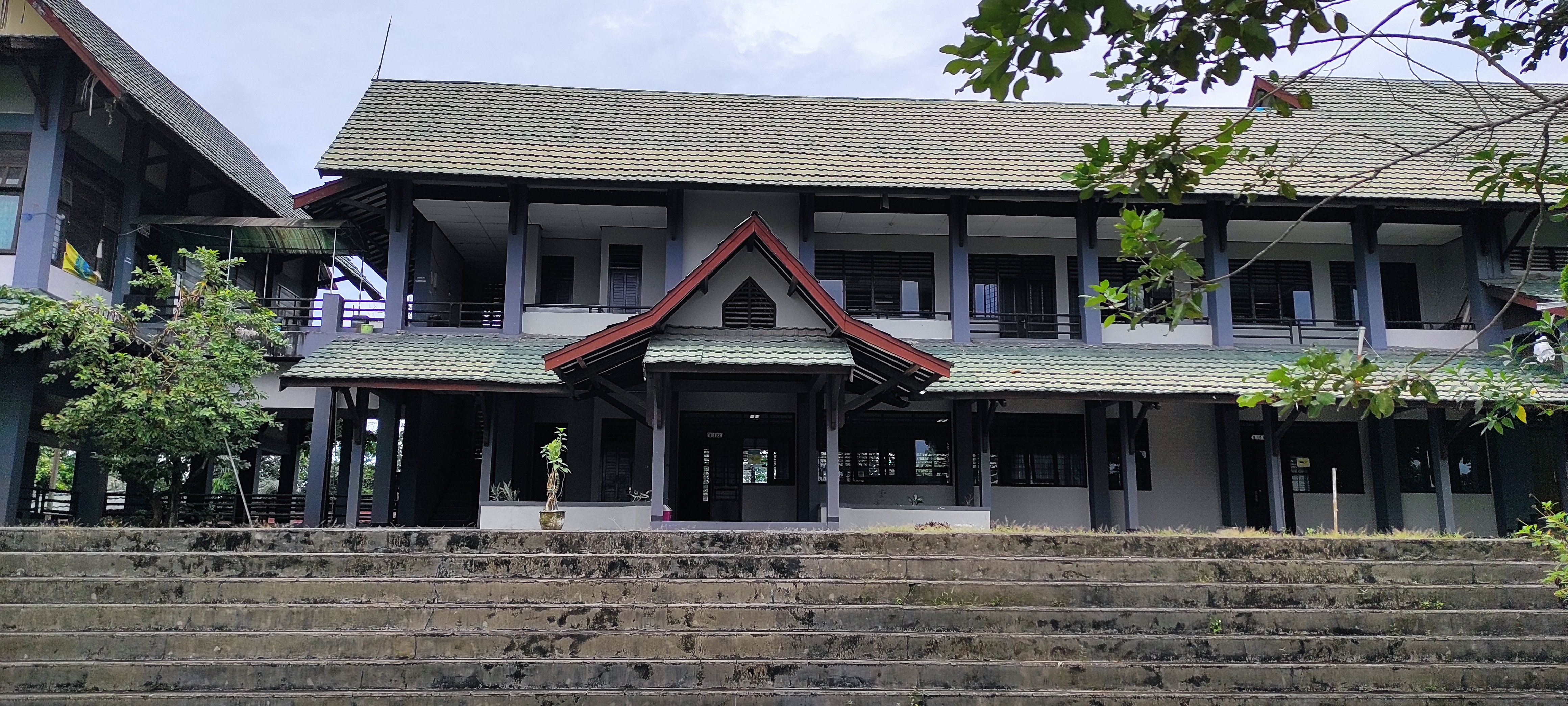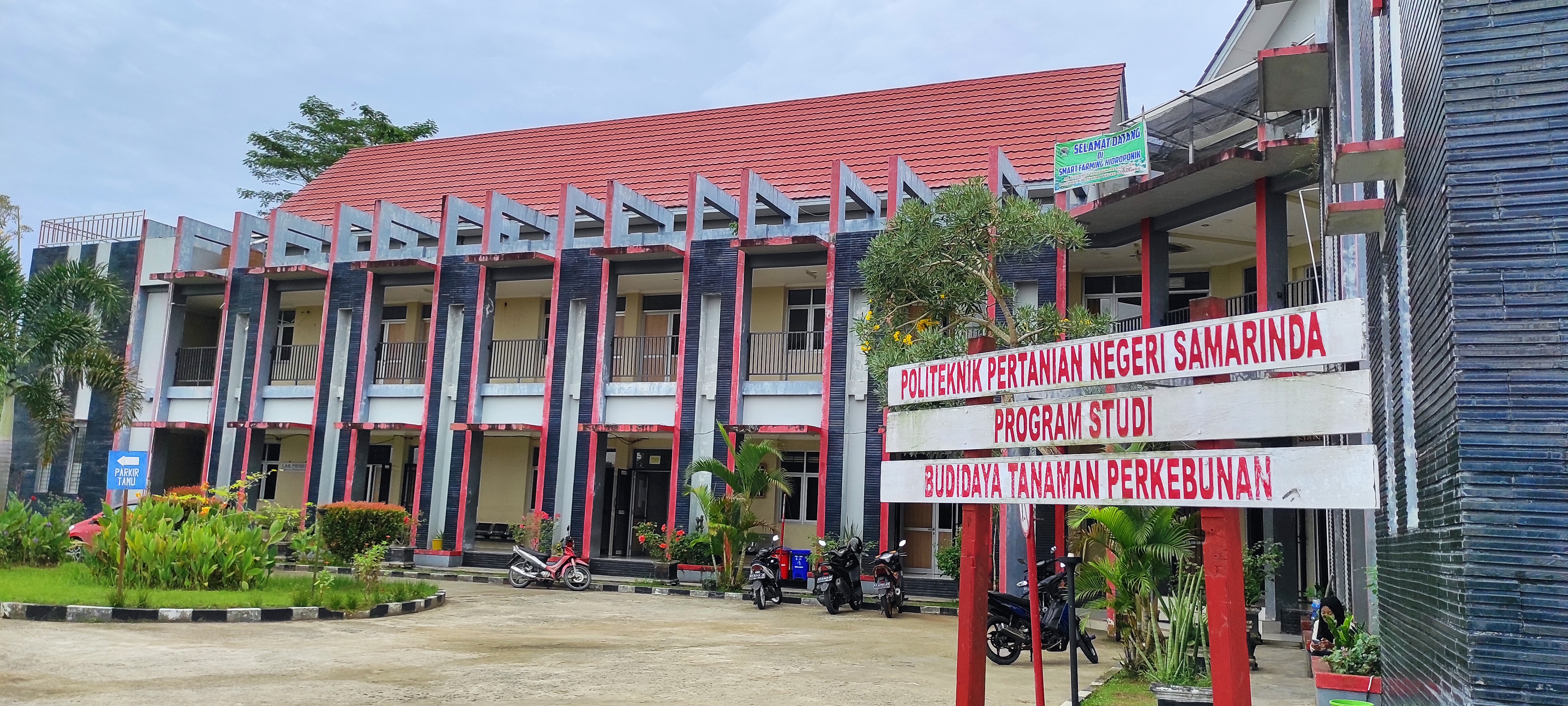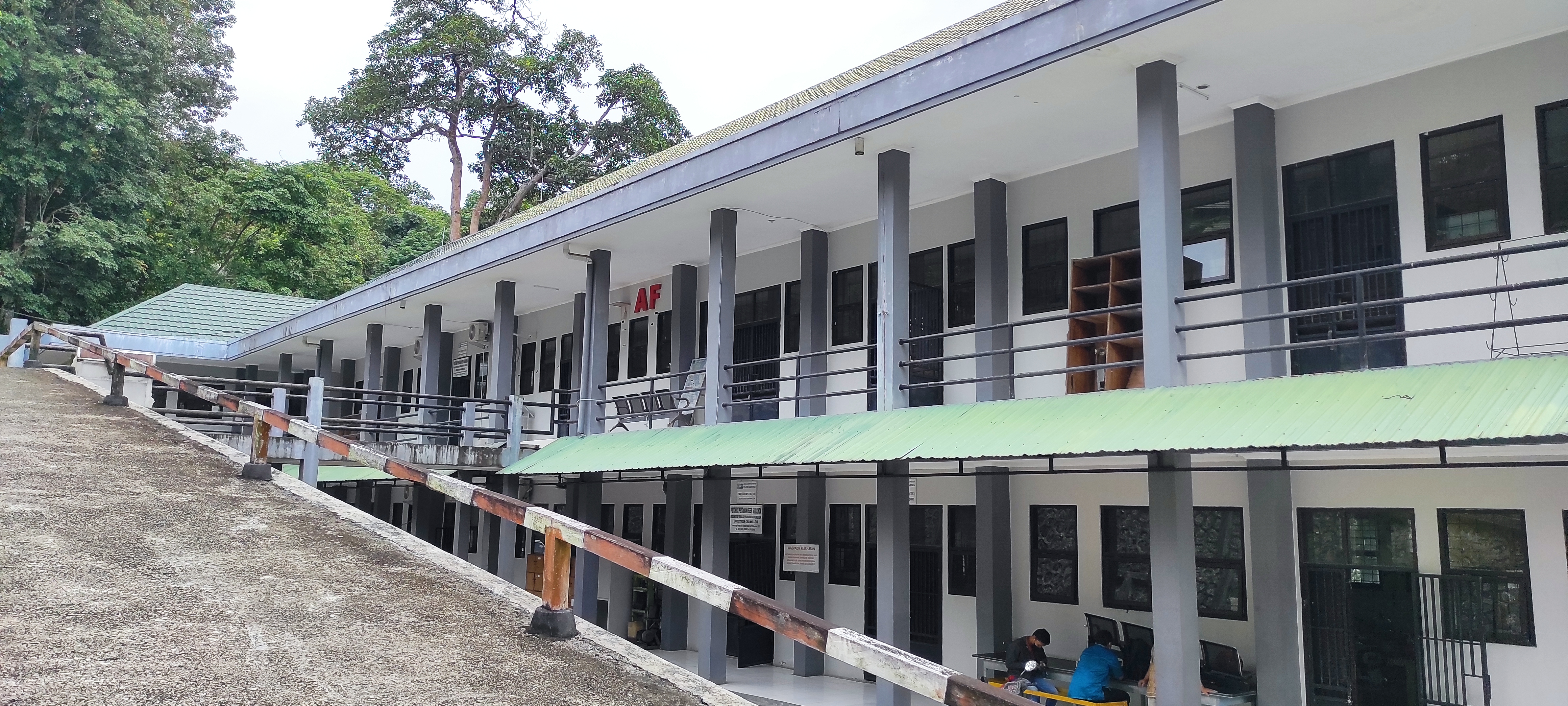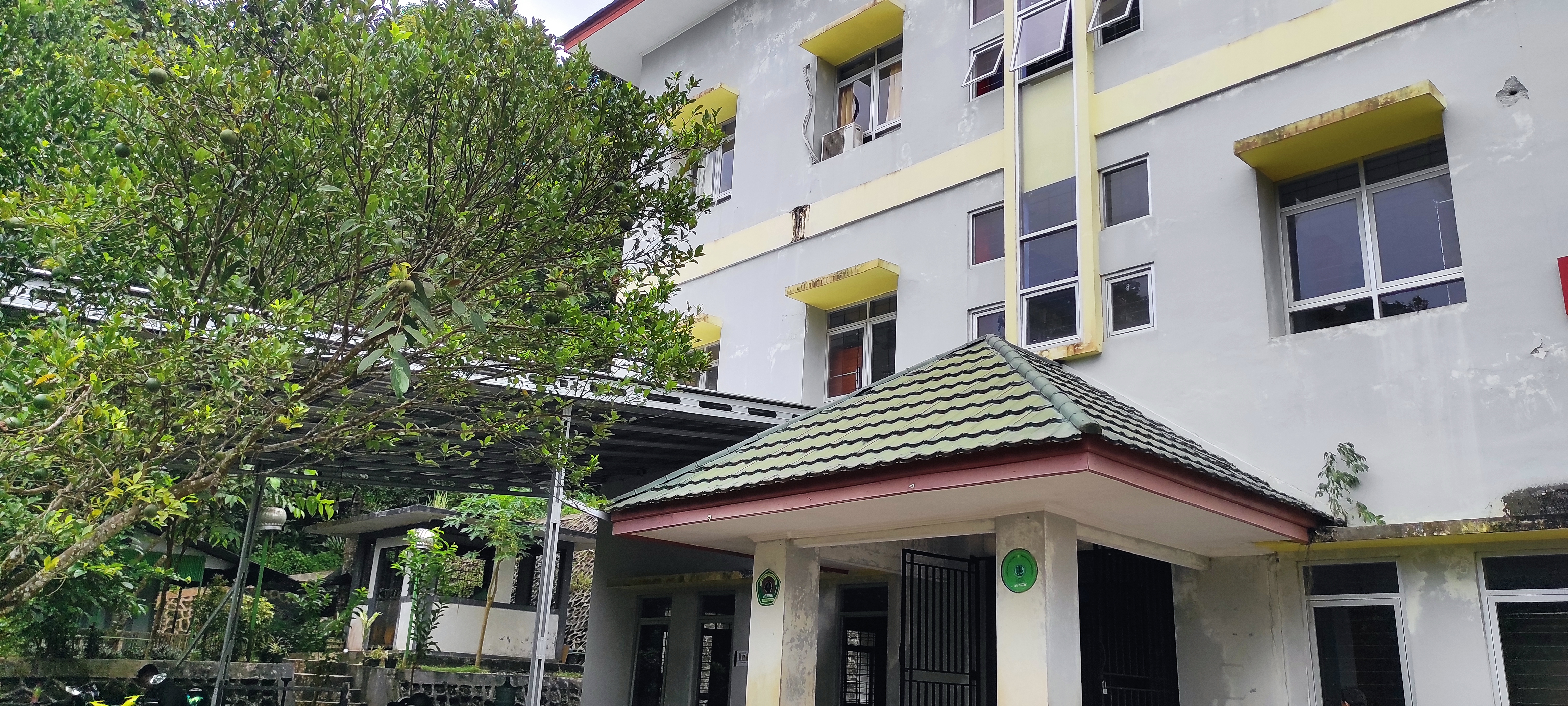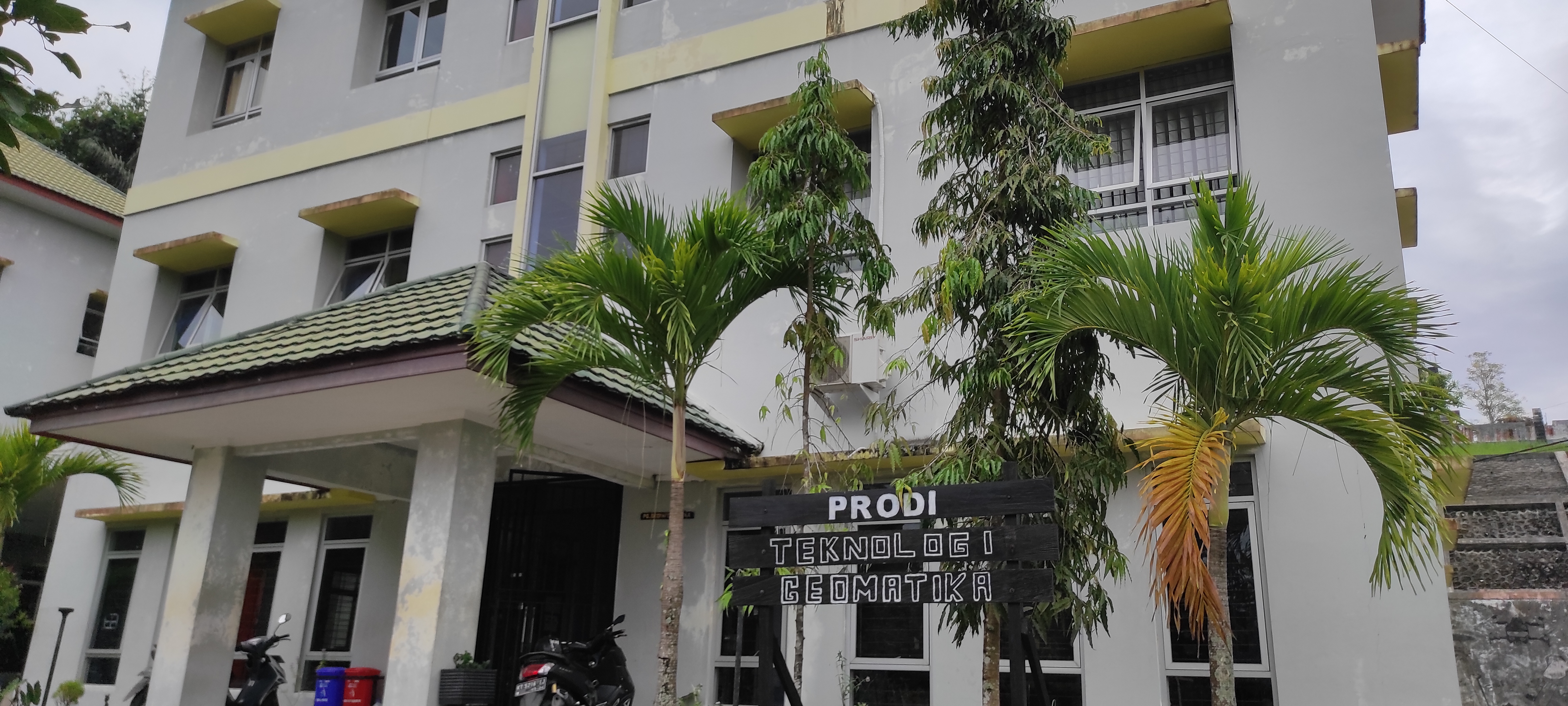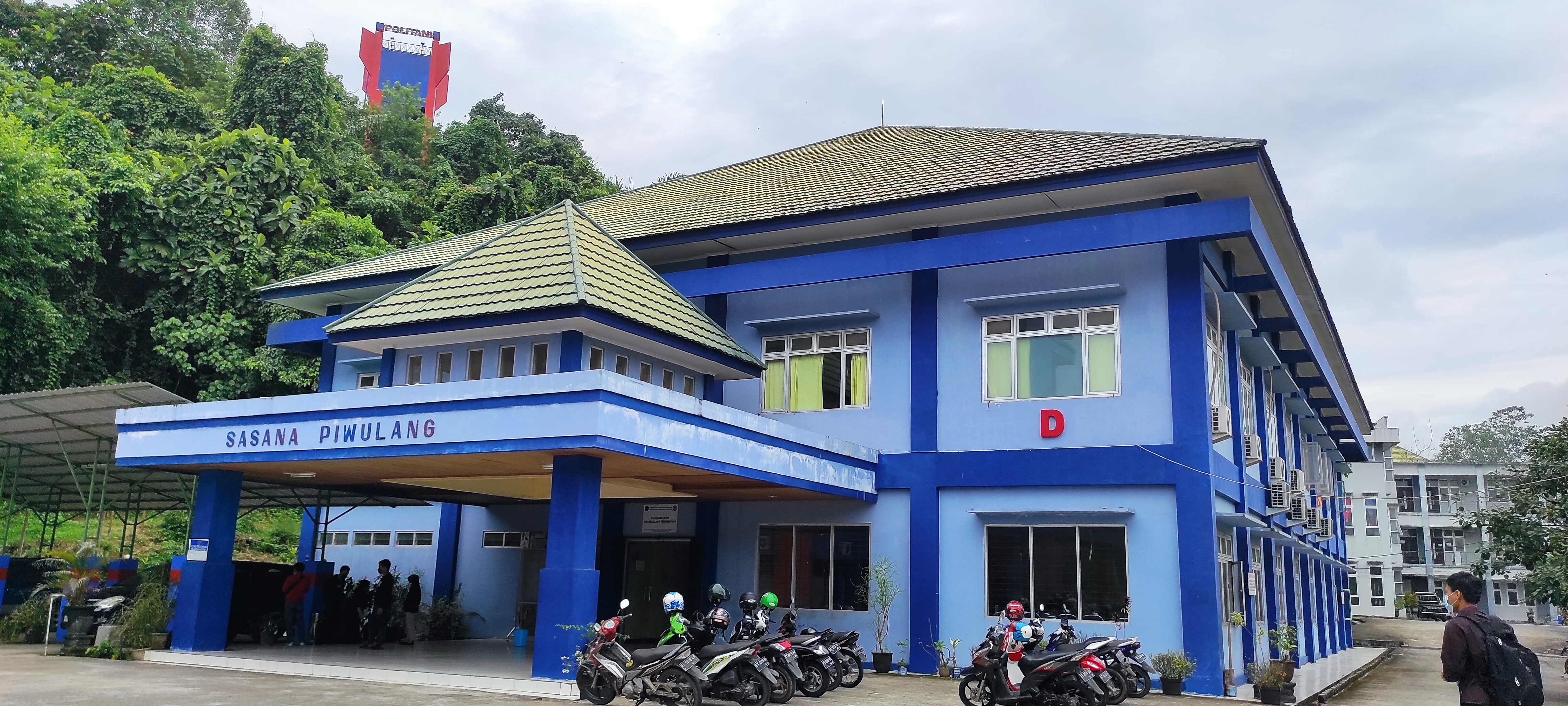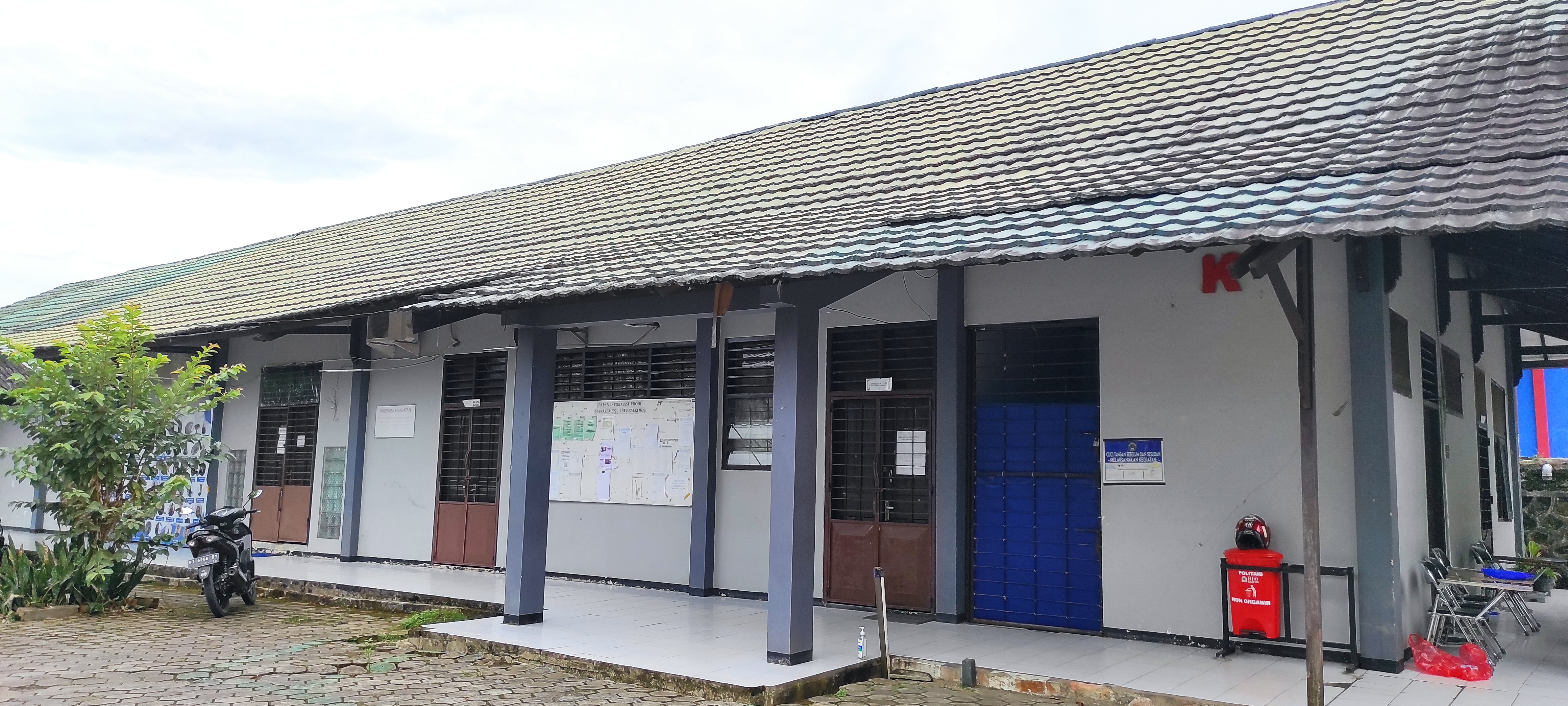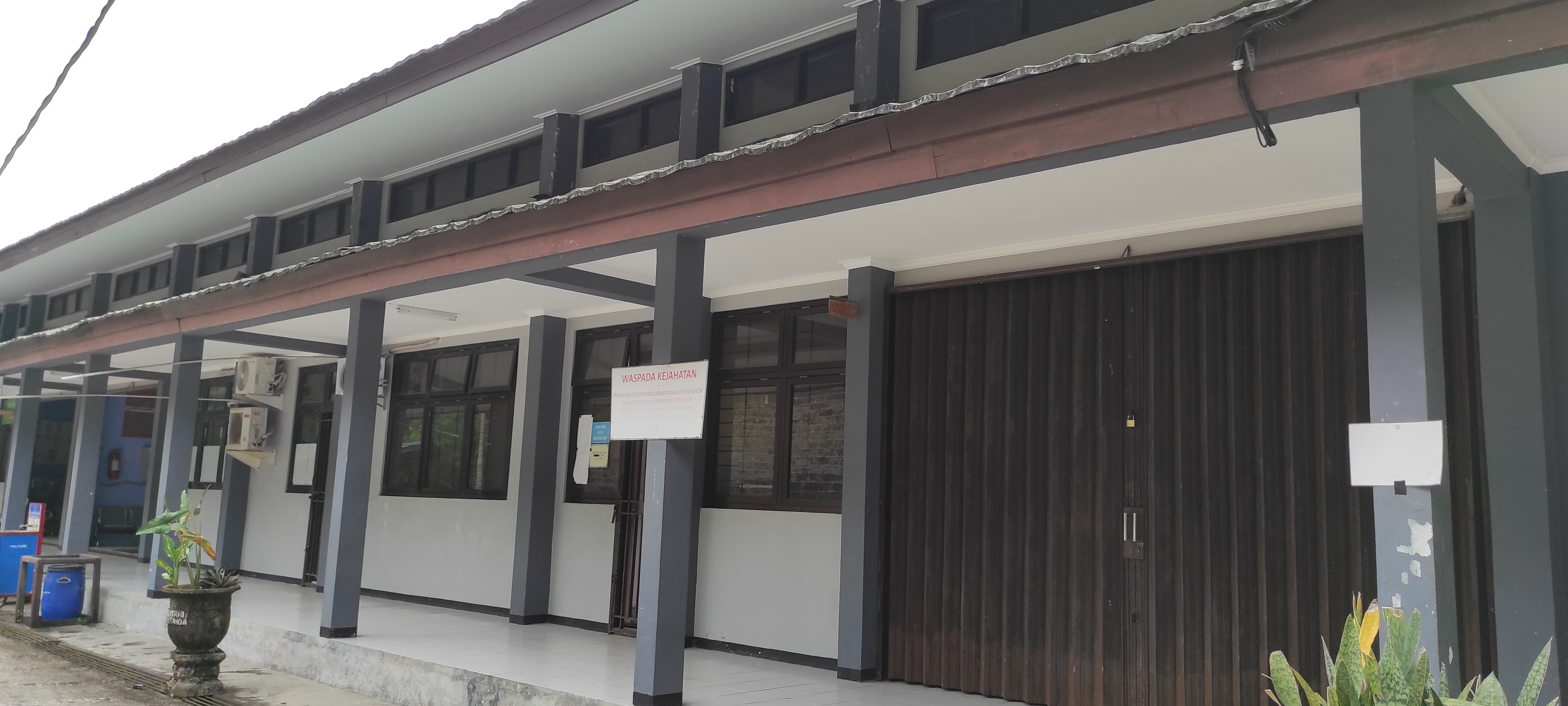Mahasiswa
1.245
Jurusan Unggulan
3
Program Studi
14
Tenaga Pendidik
130
Alumni
5.696

Siap Membangun Masa Depanmu?
Mencetak generasi unggul di bidang pertanian, kehutanan, dan teknologi terapan dengan fasilitas lengkap dan tenaga pendidik berpengalaman.
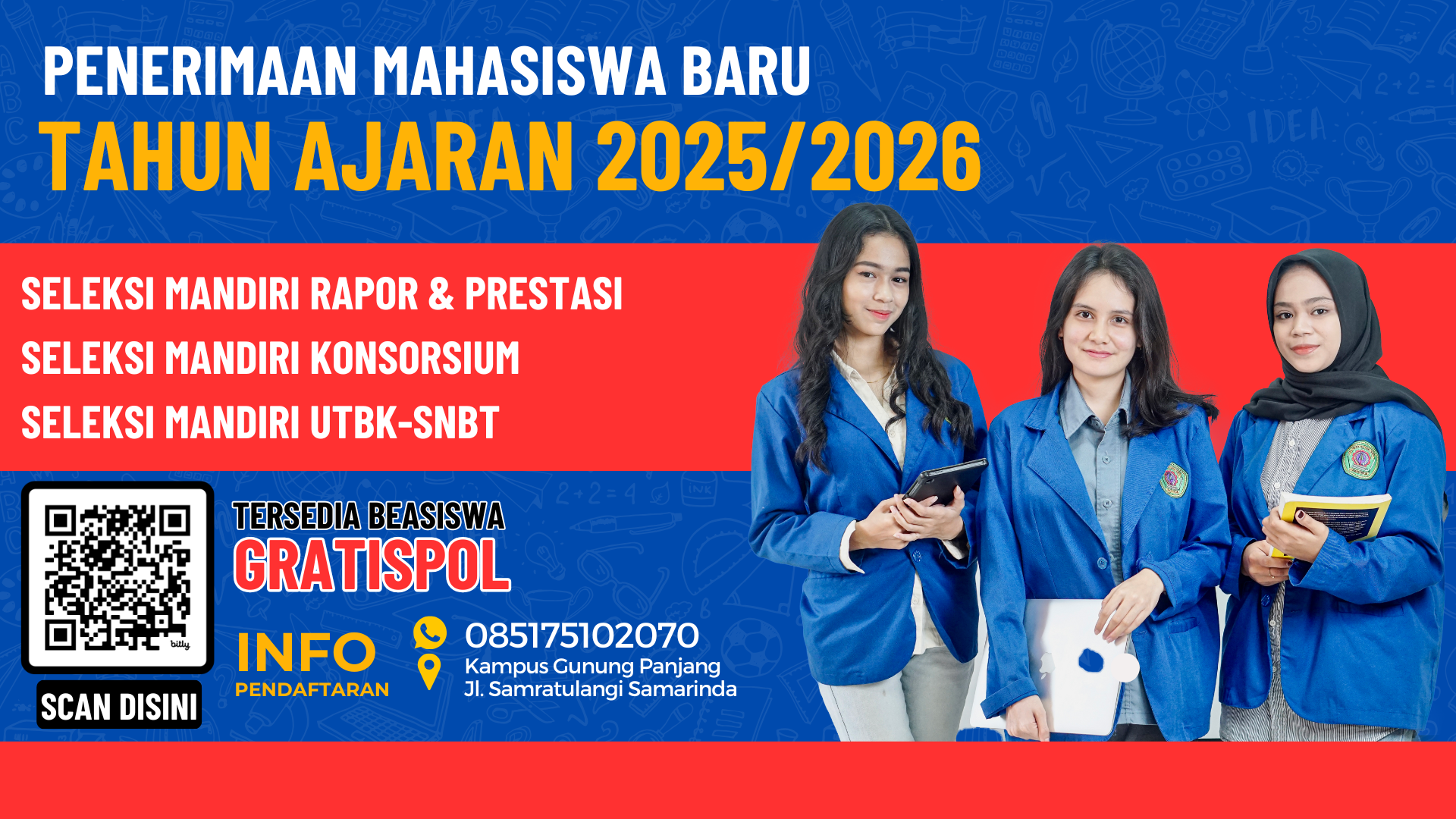
.png)
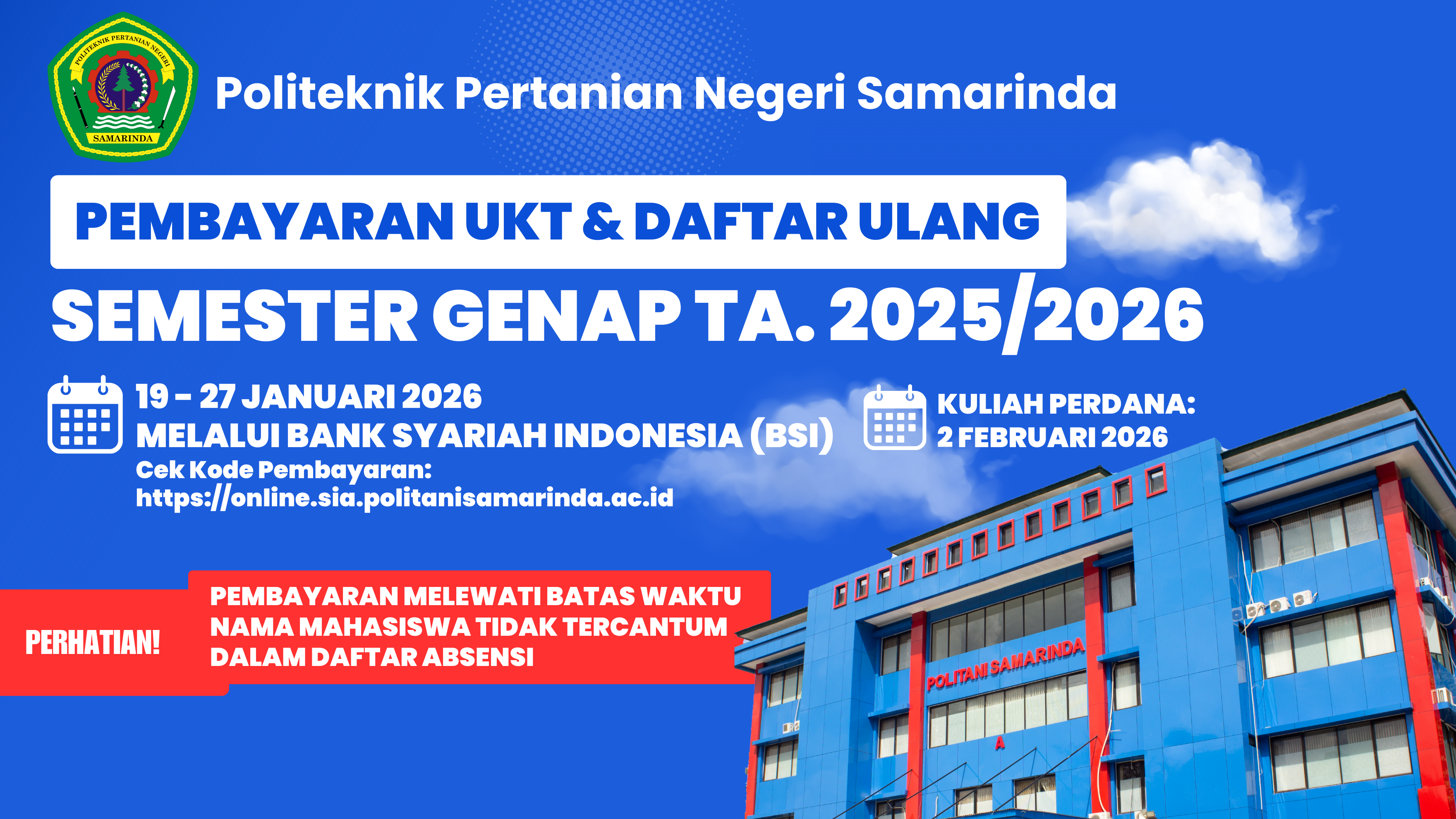
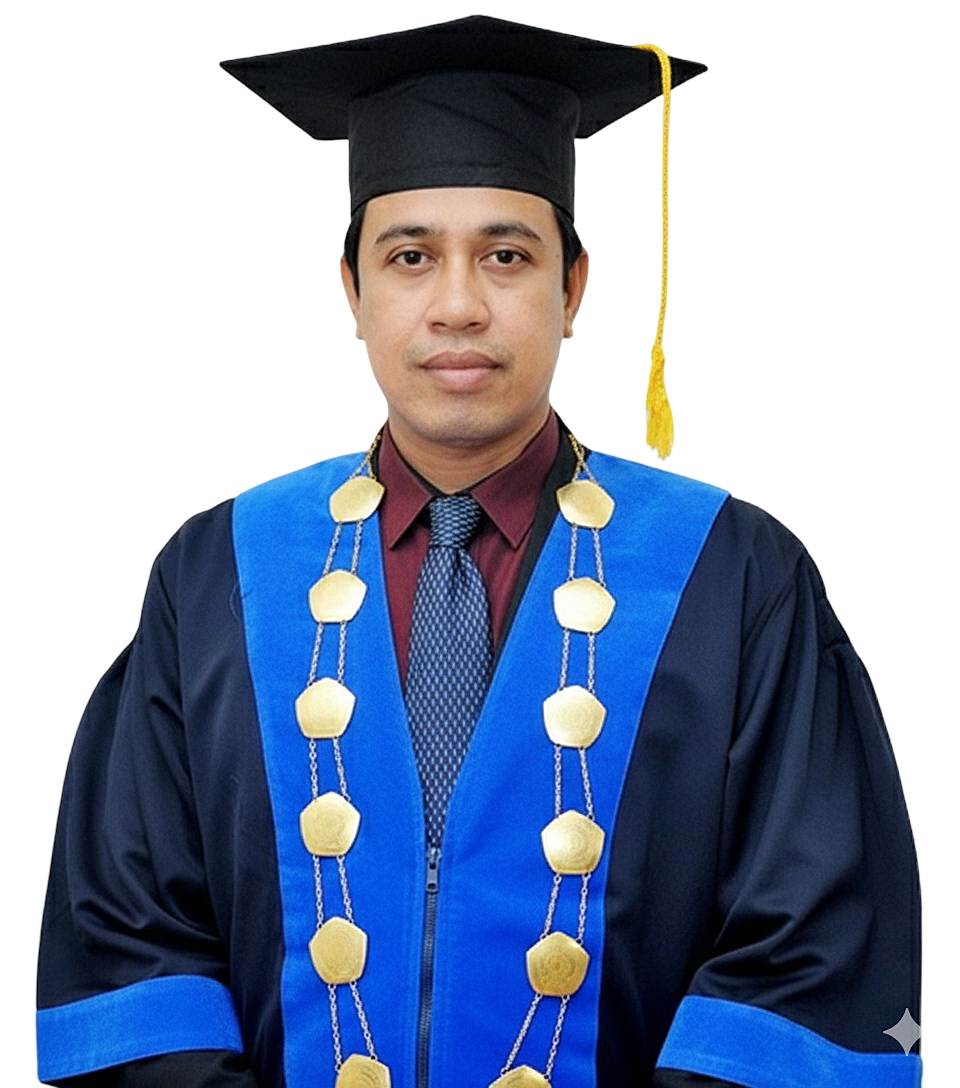
Sambutan
Direktur Politeknik Pertanian Negeri Samarinda
Selamat datang di Politeknik Pertanian Negeri Samarinda. Kami hadir untuk melahirkan generasi inovatif, tangguh, dan berintegritas. Dengan kurikulum vokasi yang adaptif terhadap kebutuhan industri, POLITANI siap menjadi mitra strategis pembangunan pertanian Indonesia. Bersama, kita tumbuhkan ilmu, inovasi, dan keberlanjutan untuk masa depan bangsa.
Berita Kampus
Kabar Seputar Kampus

General information • 1 December 2025
Samarinda Polytechnic Achieves UI GREENMETRIC 2025 World RankingSamarinda State Agricultural Polytechnic (Politani Samarinda) has once again achieved international success by being included in the UI GreenMetric World University Rankings 2025. Based on the official assessment announced on December 5, 2025, Politani Samarinda was ranked 1570th globally as a sustainable university. UI GreenMetric is a global ranking conducted by the University of Indonesia to measure the commitment and performance of higher education institutions in realizing sustainable campuses. In 2025, 1,745 universities from 105 countries participated in the ranking. In the assessment, Politani Samarinda earned a total score of 2,600 out of 10,000, or 26 percent, with the highest achievement in the Setting & Infrastructure indicator, with 975 points, demonstrating the university's commitment to managing green open spaces and environmentally friendly infrastructure. The Education & Research indicator also demonstrated a positive contribution, with a score of 587.5 points through educational and research activities that support sustainable development. Nationally, Politani Samarinda is ranked 169th in Indonesia. This achievement reflects the institution's ongoing efforts to integrate sustainability principles into campus governance, the Tri Dharma of Higher Education, and strengthen the role of environmentally conscious agricultural vocations. Politani Samarinda's participation in UI GreenMetric is part of the institution's commitment to supporting the Sustainable Development Goals (SDGs) while encouraging improvements in the quality of green campus policies, programs, and innovations in the future. (PR)
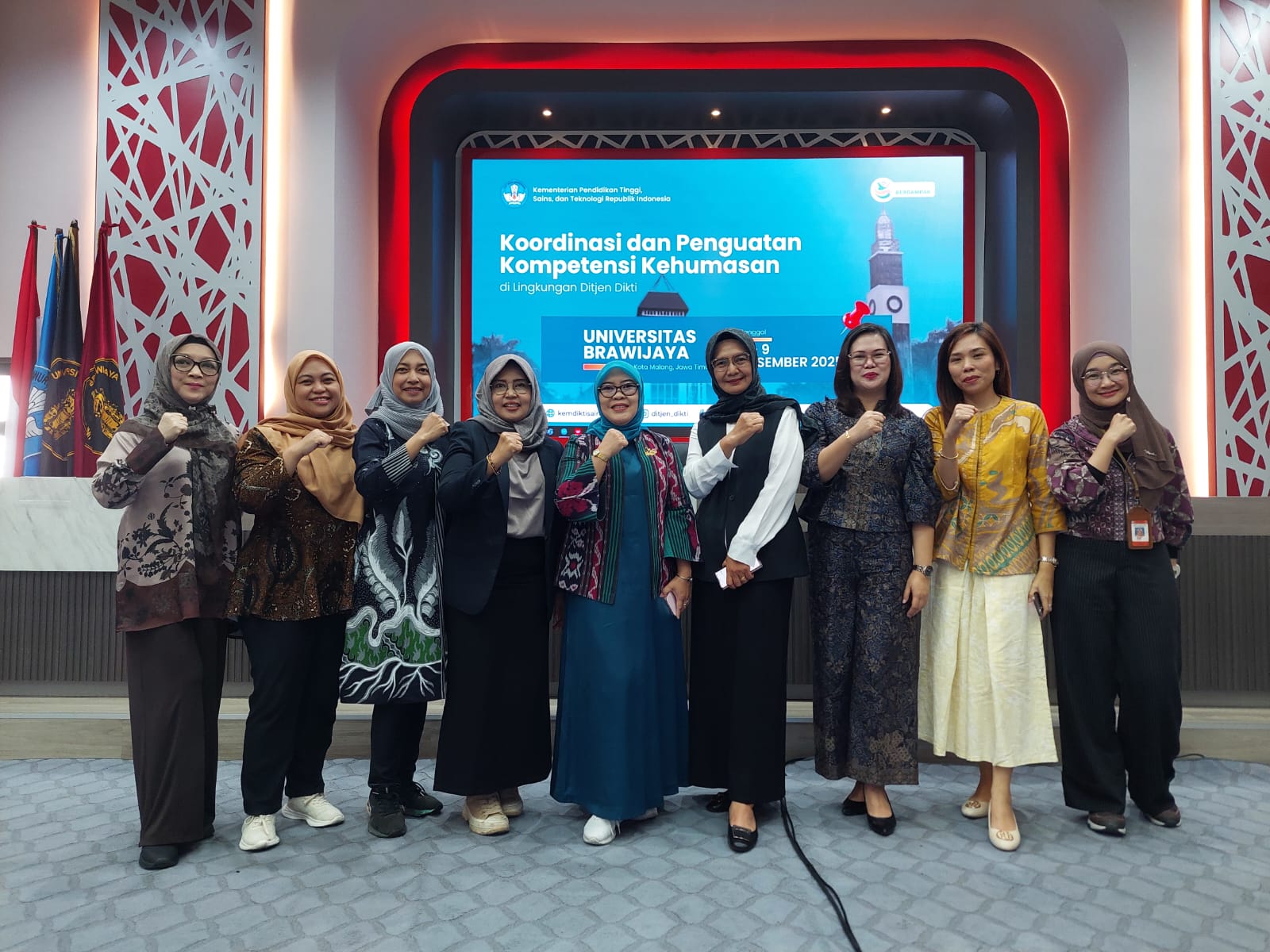 Politani Samarinda Attends Public Relations Coordination and Strengthening Activities for State Universities and LLDikti in Malang
Politani Samarinda Attends Public Relations Coordination and Strengthening Activities for State Universities and LLDikti in Malang
General information • 10/12/2025
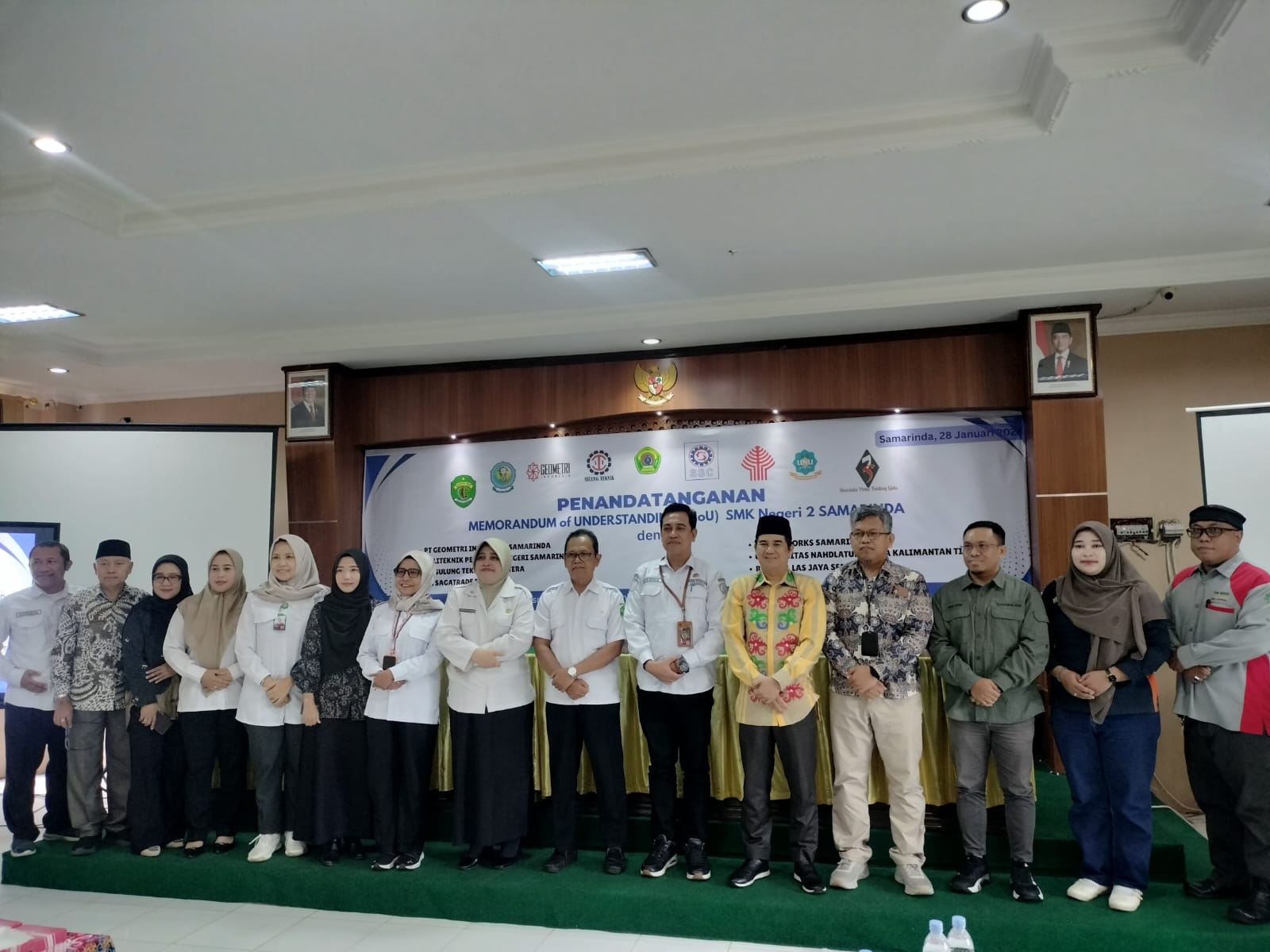 Politani Samarinda and a number of strategic partners signed an MoU with SMK Negeri 2 Samarinda.
Politani Samarinda and a number of strategic partners signed an MoU with SMK Negeri 2 Samarinda.
General information • 28/01/2026
Informasi Umum
 Undefeated Throughout the Tournament, the Politani Samarinda Futsal Team Won the 2026 NCFS Samarinda Championship.
Undefeated Throughout the Tournament, the Politani Samarinda Futsal Team Won the 2026 NCFS Samarinda Championship.
18 February 2026
Akademik
Kemahasiswaan
Kerja Sama
Kemitraan & Kolaborasi Strategis
Menjalin kemitraan strategis dengan masyarakat melalui pendidikan dan penelitian

Temukan Kampus
Lokasi Politani Samarinda
Politeknik Pertanian Negeri Samarinda berlokasi di Kelurahan Sungai Keledang, Kecamatan Samarinda Seberang, Kota Samarinda. Letaknya strategis di tepi Sungai Mahakam dengan lingkungan hijau dan asri yang mendukung kegiatan akademik serta penelitian.
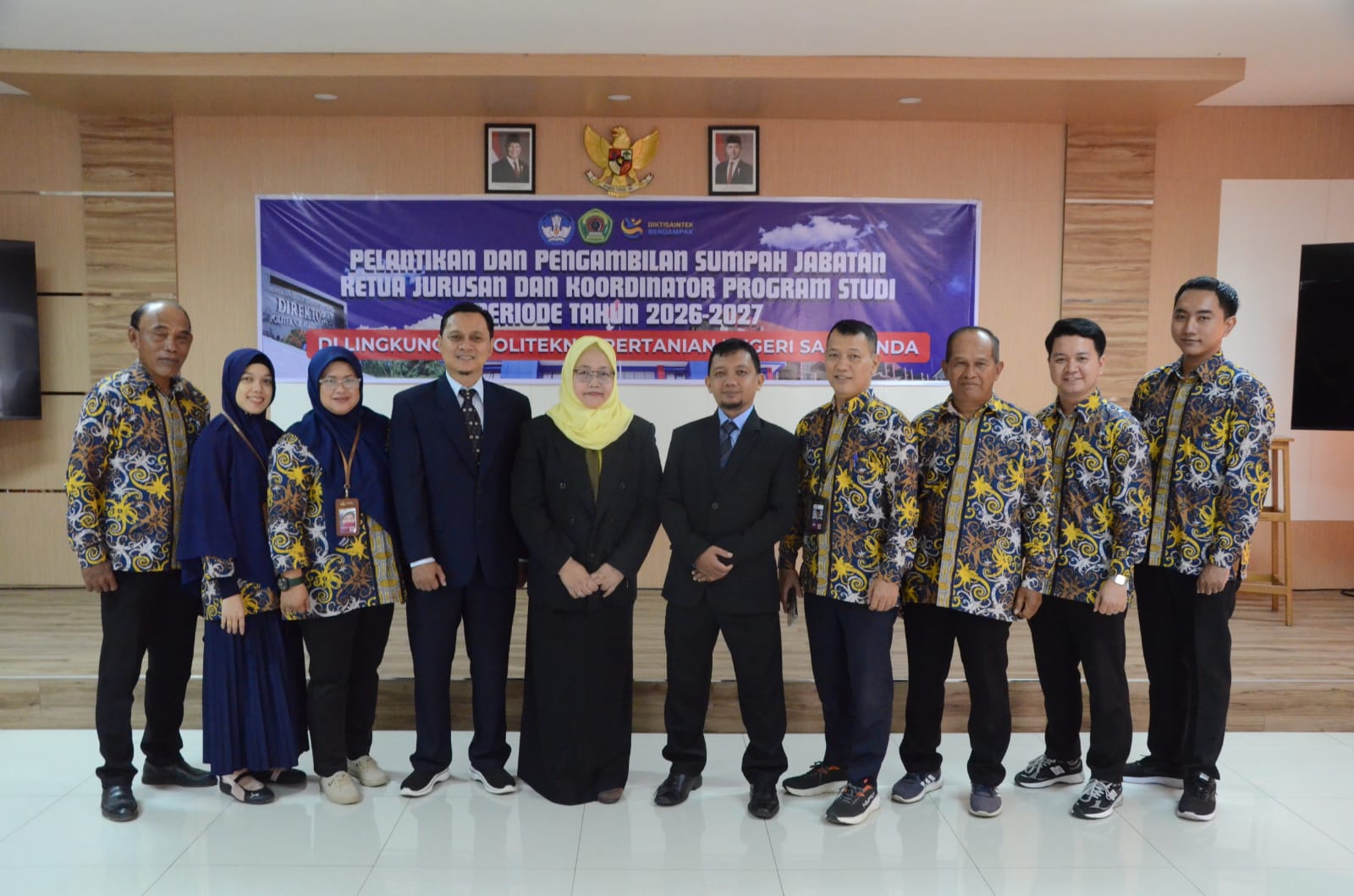
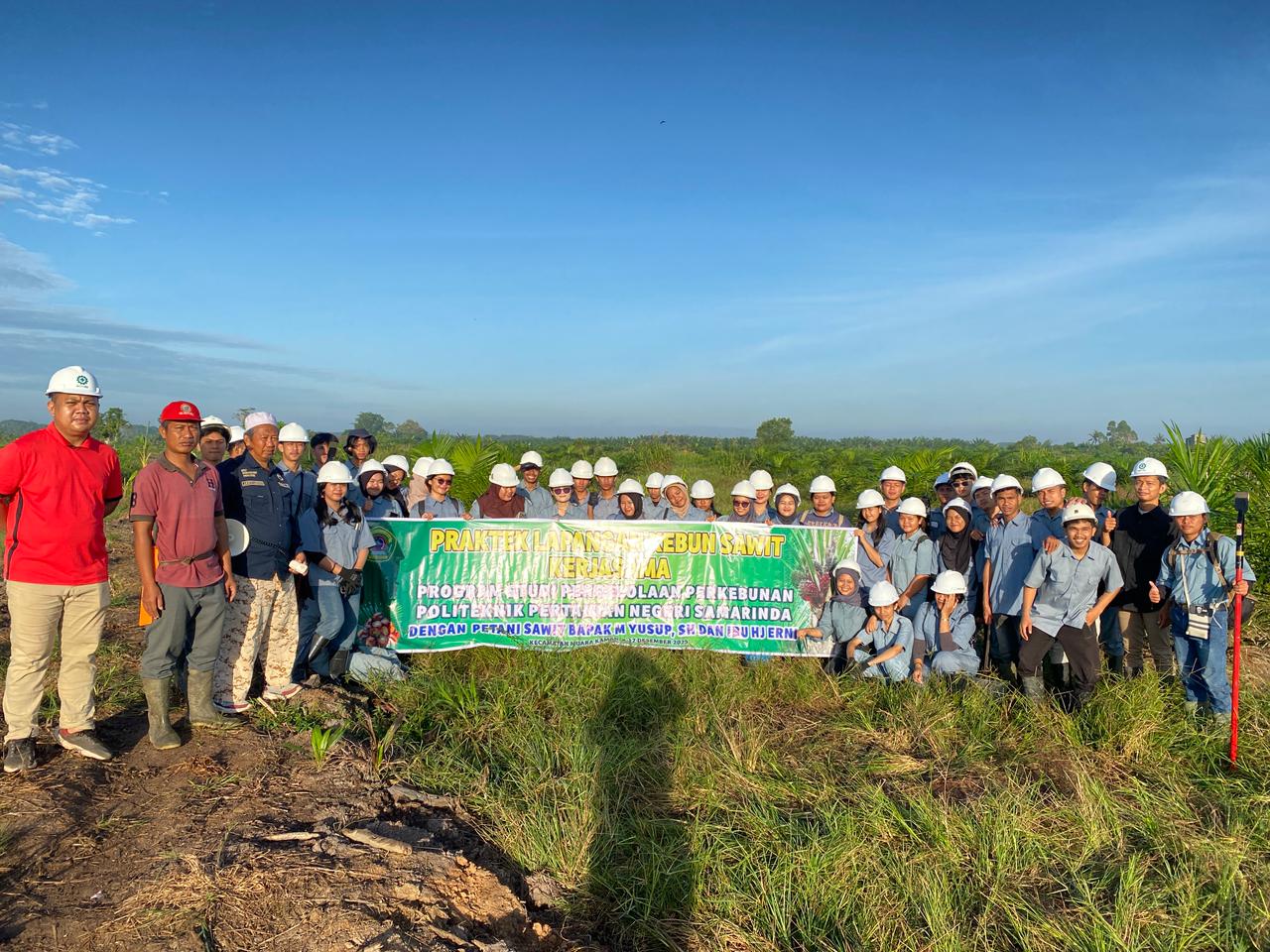

.jpeg)

